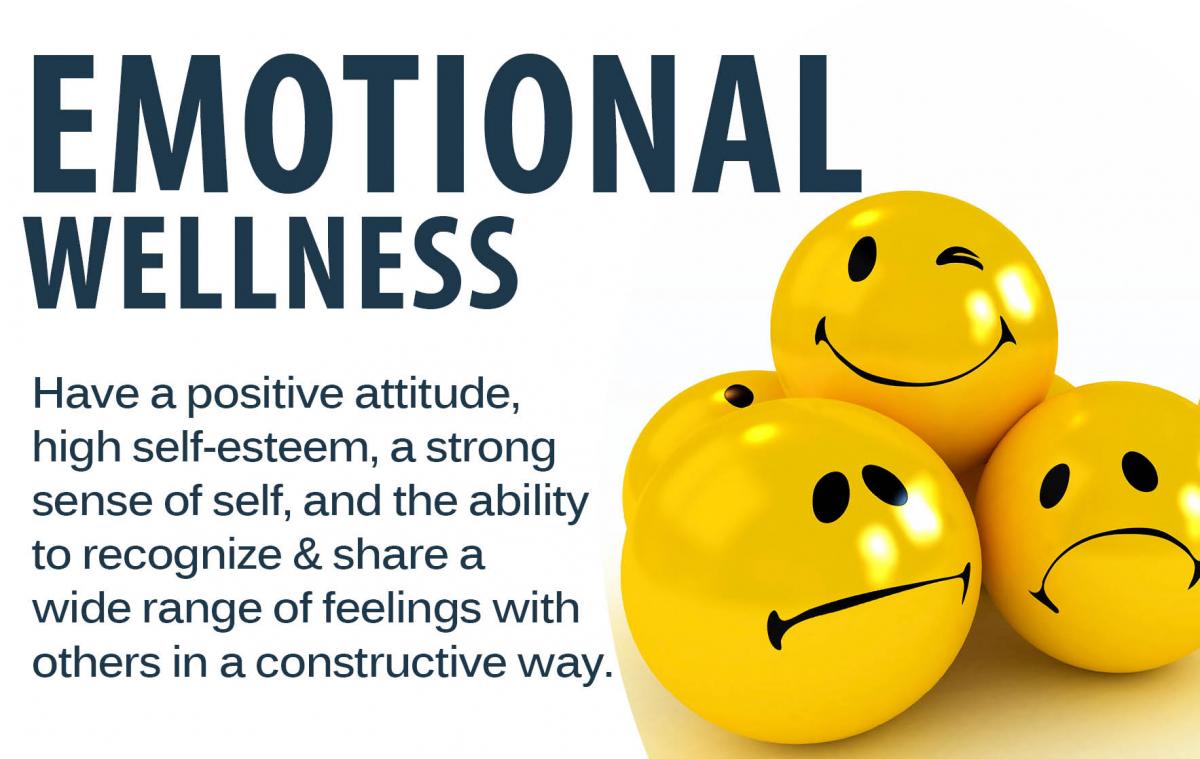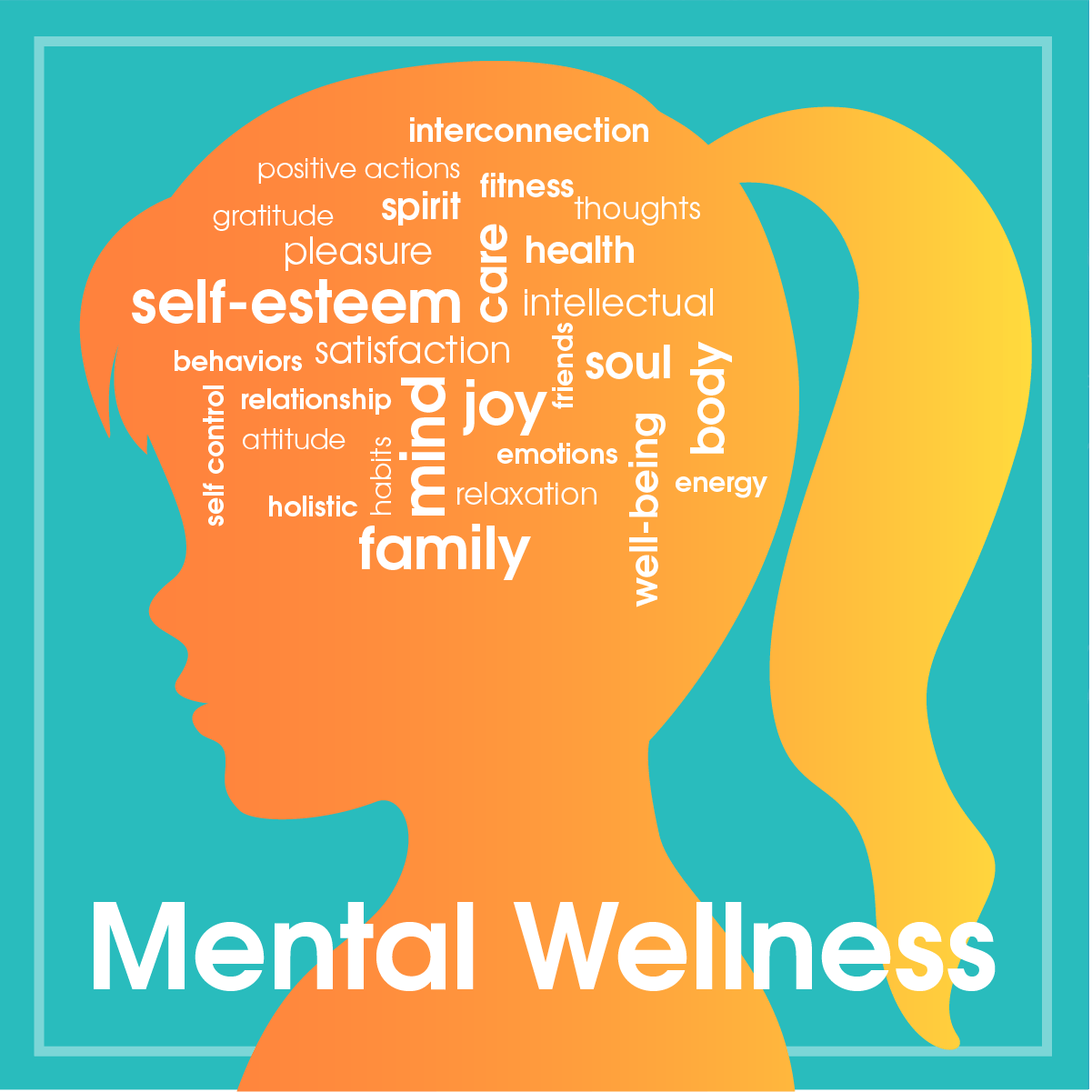Introduction:
In today’s fast-paced world, maintaining emotional well-being is essential for leading a balanced and fulfilling life. Elevating emotional well-being involves adopting habits and practices that promote resilience, positivity, and inner peace. Here are some expert tips to help you cultivate emotional well-being and achieve greater balance in life.
Prioritize Self-Care:
Self-care is the cornerstone of emotional well-being. Make time for activities that nourish your body, mind, and soul, whether it’s indulging in a relaxing bath, spending time in nature, or practicing meditation. Remember that self-care is not selfish but essential for maintaining mental and emotional health.
Practice Mindfulness:
Mindfulness is the practice of being fully present in the moment, without judgment or attachment. Incorporating mindfulness into your daily routine can help reduce stress, improve focus, and enhance overall well-being. Take time each day to engage in mindfulness exercises such as deep breathing, body scans, or mindful walking to cultivate greater awareness and presence.
Cultivate Positive Relationships:
Healthy relationships are essential for emotional well-being. Surround yourself with supportive friends, family members, and loved ones who uplift and encourage you. Cultivate open communication, empathy, and trust in your relationships, and don’t be afraid to seek help or support when needed. Remember that strong connections with others are vital for overall happiness and fulfillment.
Set Boundaries:
Setting boundaries is crucial for protecting your emotional well-being. Learn to say no to activities, commitments, or people that drain your energy or cause undue stress. Prioritize your needs and values, and don’t feel guilty about setting boundaries to preserve your mental and emotional resources.
Practice Gratitude:
Gratitude is a powerful tool for promoting emotional well-being. Take time each day to reflect on the things you’re grateful for, whether it’s a beautiful sunset, a kind gesture from a friend, or a moment of peace and quiet. Cultivating an attitude of gratitude can help shift your focus from negativity to positivity and foster a greater sense of contentment and joy in life.
Engage in Meaningful Activities:
Engaging in activities that align with your values and interests is essential for emotional well-being. Whether it’s pursuing a hobby you love, volunteering in your community, or spending quality time with loved ones, make time for activities that bring you joy and fulfillment. Remember that meaningful experiences contribute to a sense of purpose and satisfaction in life.
Seek Professional Support:
If you’re struggling with your emotional well-being, don’t hesitate to seek professional support. Whether it’s talking to a therapist, counselor, or mental health professional, reaching out for help is a sign of strength, not weakness. A trained professional can offer guidance, support, and resources to help you navigate life’s challenges and cultivate greater emotional resilience.
Practice Self-Compassion:
Be kind and compassionate towards yourself, especially during times of difficulty or struggle. Treat yourself with the same kindness and understanding that you would offer to a friend facing a similar situation. Practice self-compassion by acknowledging your strengths and weaknesses, and learning to forgive yourself for past mistakes or shortcomings.
Conclusion:
Cultivating emotional well-being is an ongoing journey that requires commitment, self-awareness, and intentional effort. By prioritizing self-care, practicing mindfulness, nurturing positive relationships, and seeking professional support when needed, you can cultivate greater emotional resilience, positivity, and inner peace. Remember that emotional well-being is essential for leading a balanced and fulfilling life, and investing in your emotional health is one of the best gifts you can give yourself. Read more about emotional health tips



